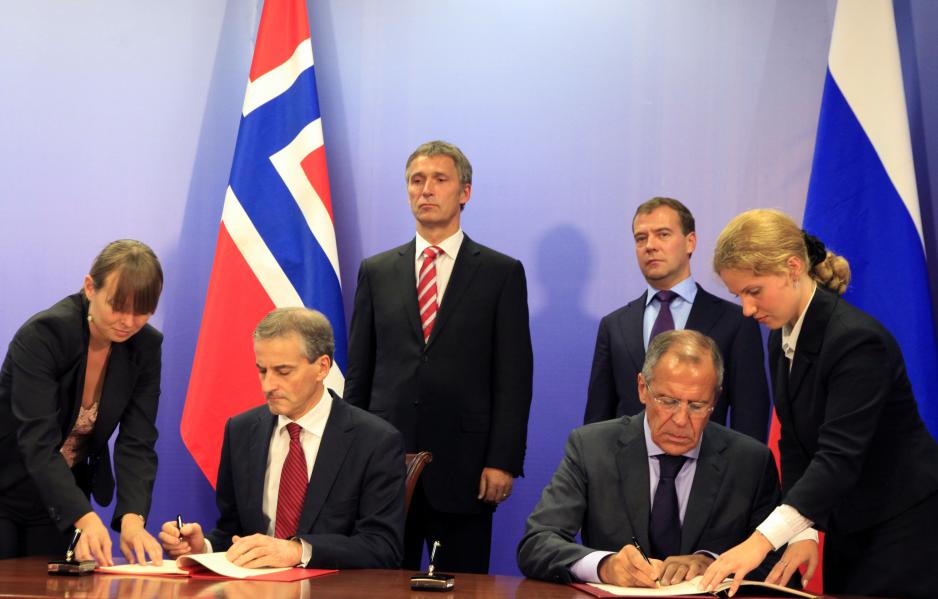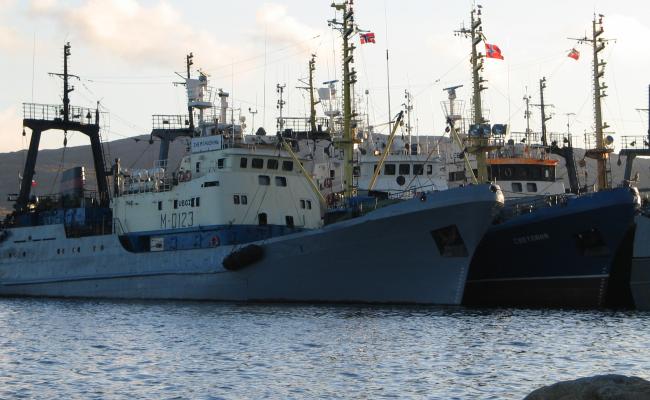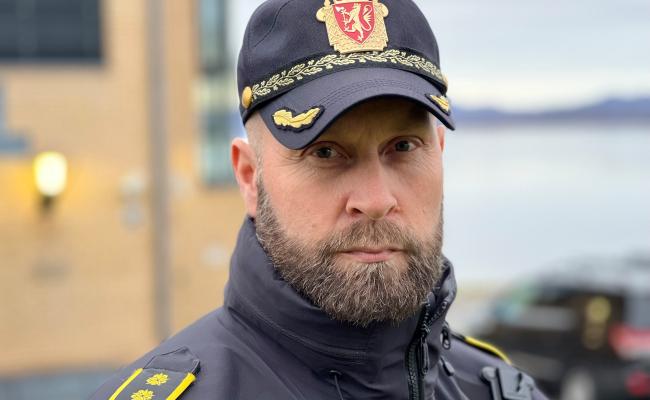Norwegian Prime Minister: "No signs of an increased security threat in the North"
Norwegian Prime Minister Jonas Gahr Støre (Labor) gave a presentation on the security situation in Europe at Nord University in Bodø, Northern Norway, on Thursday. (Photo: Hilde-Gunn Bye).
Russian marine activity in the High North is closely monitored by Norway and should primarily be understood in light of the Ukraine war rather than linked specifically to the North, says Norwegian Prime Minister Jonas Gahr Støre (Labor).
"We see no signs of an increased security threat in the North, not against Norway nor other countries," said Norwegian Prime Minister Jonas Gahr Støre (Labor) when High North News met him at Nord University in Bodø, Northern Norway, last week.
The tense security situation in light of the Ukraine war was on the agenda when the Prime Minister addressed students at the university.
"We see no military threat to Norway. If one were in Ukraine a year ago, one would have reason to say that there was a threat to the country. At that time, there were 150 000 soldiers stationed at the border," Støre said during his presentation.
Not aimed at the High North
To HNN, the Prime Minister adds that, among other things, Norway follows the Russian marine activity in nearby areas. He says that the movements and activities here should largely be understood in light of the war in Ukraine and that they are not necessarily specifically linked to the High North.
"It involves transportation of people and vessels. These areas are also important testing grounds for Russia when it comes to weapons, such as missile launches. But this is not specifically aimed at the region either, although it is something we are keeping our eye on."
"Have there been any changes to the threat level in the last few months?"
"Not in the big picture. It is known that Russia has moved a lot of military personnel from the High North to Ukraine and that it has been quite dramatic for them with many hurt and killed.
Heightened preparedness
Recently, the news has been focused on gas leaks from the Nord Stream pipelines in the Baltic Sea, suspicious drone observations, and threats to the petroleum industry's infrastructure.
As High North News has previously reported, the Prime Minister has emphasized that the Norwegian Armed Forces should be more visibly present in the areas around petroleum installations. The government has also strengthened its control on the border with Russia.
"We have implemented preparedness measures from the government's side, both military and civilian. And we have strengthened the Armed Forces and intelligence throughout this year," Støre said in his presentation.
The Prime Minister also emphasized that the security situation in Norway is good and that the government is present and is keeping a close eye on both what is normal, unclear, and abnormal.
The leeway that disappeared
Støre continued by telling about the leeway that existed in the relationship with Russia when he was Minister of Foreign Affairs ten years ago.
In this period, Sergey Lavrov, Russia's Minister of Foreign Affairs was the minister that Støre had the most contact with after the Swedish minister.
"At the time, we had a leeway to do things together with Russia. We thought about the High North and had many common interests, such as coastal states in the North. At the end of this period, we managed to agree on the maritime delimitation line in the Barents Sea."

On the 15th of September in 2010, Norwegian Minister of Foreign Affairs Jonas Gahr Støre and Russia's Minister of Foreign Affairs Sergey Lavrov signed the maritime delimitation line agreement for the Barents Sea in Murmansk. (Photo: Marte L. Kopstad/The Norwegian Ministry of Foreign Affairs).
"That was the situation back then. A lot has changed. We do not know what comes next. But it does not look like Putin will achieve his military goals," Støre adds.
"How do you see the path going forward in Norway's bilateral relationship with Russia?"
"Norway and Russia's bilateral relationship is strongly affected by the Russian war of aggression. When Russia does this to a neighbor, it also has consequences for other neighbors. It has severely limited the leeway. The sanctions that have been introduced have also put a stricter framework around the relationship," says Støre to the newspaper and concludes:
"At the same time, I think it is important that politicians today are always thinking about tomorrow. We hope that the situation will get better. But it could also become more difficult. We must be vigilant and keep a close watch on the situation."
Also read
This article was originally published in Norwegian and has been translated by Birgitte Annie Molid Martinussen.



